Civil rights tourism market latest coronavirus casualty
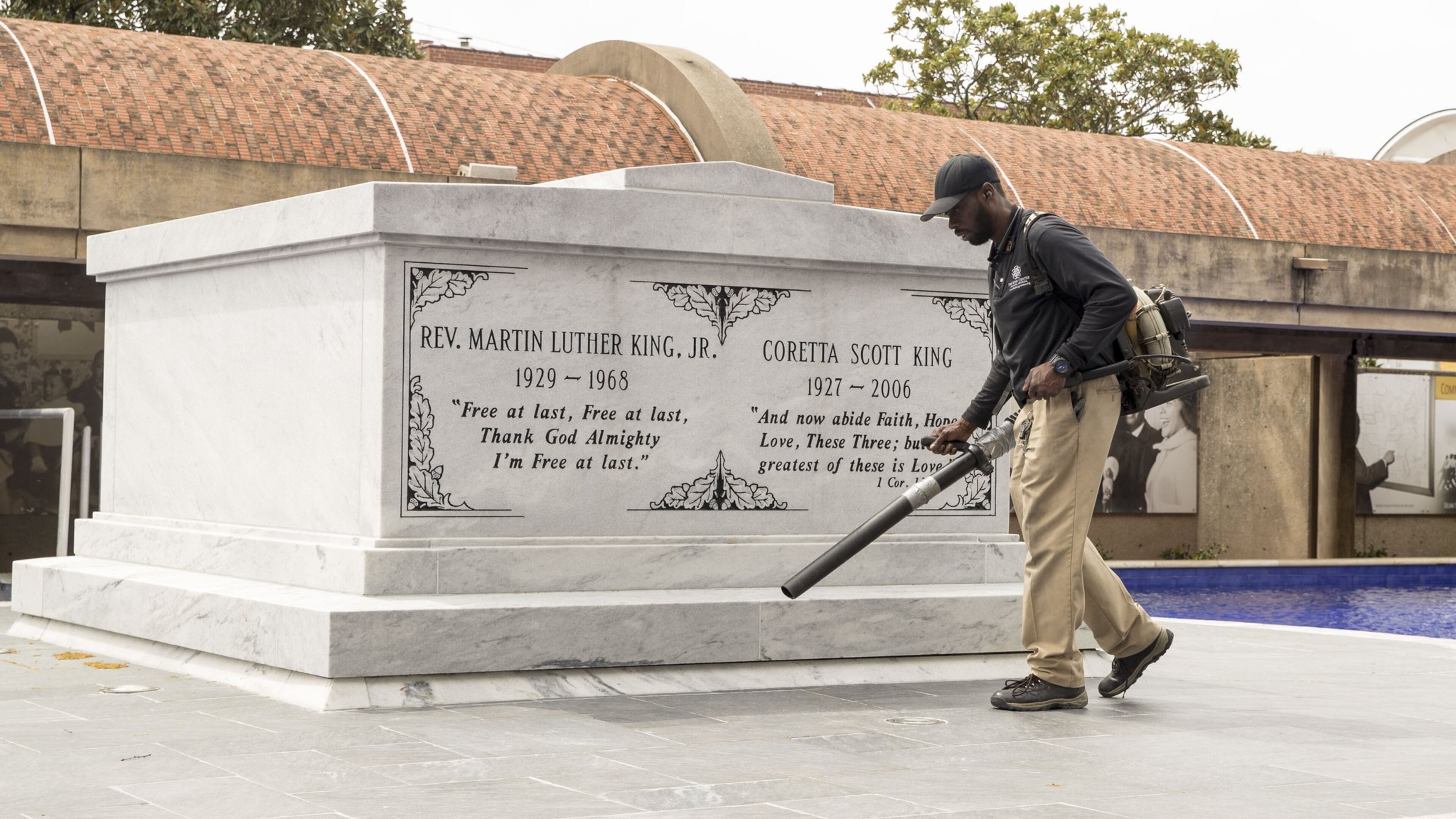
Normally, the tour bus would be parked in front of Martin Luther King Jr.’s crypt on Auburn Avenue.
Tour organizer Tom Houck would spend all day shuttling visitors from all over the world to different sites in Atlanta that played a part in the city’s long and storied civil rights history.
But the coronavirus has placed the bus, Houck’s tour and most other tourism on an indefinite pause.
“People aren’t gonna say, ‘I want to take a civil rights tour,’” said Houck, who runs Civil Rights Tours Atlanta. “People aren’t getting on buses right now.”

Travel and tourism are among the many casualties of the COVID-19 pandemic, specifically Atlanta’s niche market as the “birthplace of the civil rights movement.”
“As the cradle of the American civil rights movement, Atlanta has numerous cultural institutions and attractions dedicated to telling this important story,” said William Pate, president of the Atlanta Convention & Visitors Bureau. “Hundreds of thousands of visitors from around the world come to Atlanta each year to explore the civil rights story, and their absence during this pandemic has had a significant impact on many of these organizations.”
Not only is Atlanta the focal point of the Martin Luther King Jr. legacy, it is home to leading black colleges, black museums like the APEX and institutions like the National Center for Civil and Human Rights.
Houck estimates that he has lost $50,000 since his last tour on March 4 as conventions, family reunions and sporting events like the Final Four have dried up
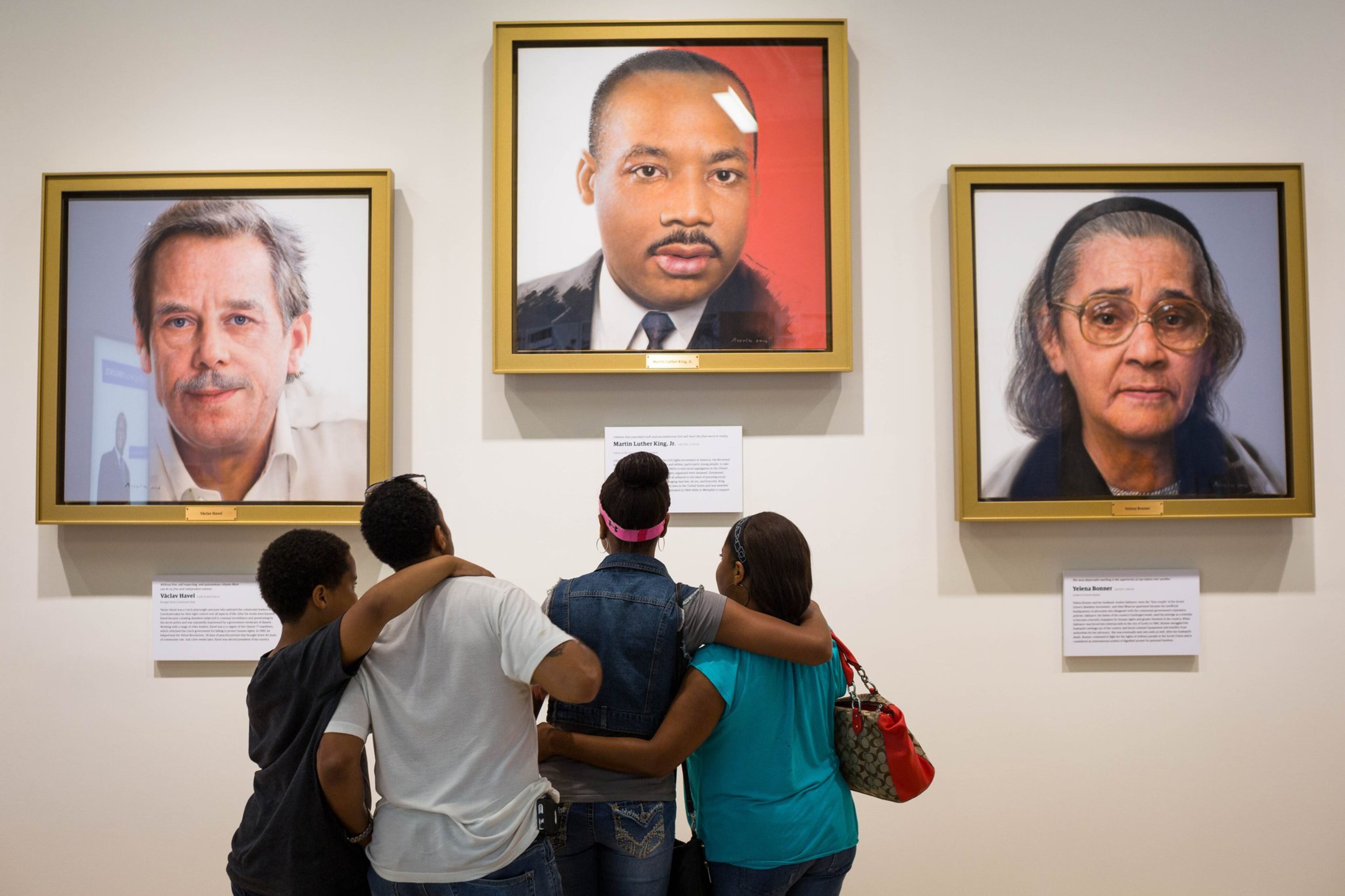
And, like many other historic institutions and organizations, the King Center “is certainly experiencing challenges during this unprecedented time,” said King Center CEO Bernice King. “But our primary concern is the health and safety of the people – our staff, visitors and the community at large.”
Although Georgia is slowly opening back up, few of these institutions seem eager to resume business as usual and have had to come up with alternate ways to bring attention to Atlanta’s civil rights sites.
On Thursday, Judy Forte, superintendent of the National Historical Park, gave out free meals to health care workers through a program organized with the King Center and Ebenezer Baptist Church.
At the same time, on the video communication app Zoom, 12-year-old Mari Copeny, who has been the face of the Flint, Mich., water crisis, was presented with this year’s first Power to Inspire Award by Jill Savitt, CEO of the National Center for Civil and Human Rights.
Savitt came to the NCCHR last March with the idea of shifting its focus “from being an attraction to being a human rights institution,” that would offer more online and digital programs. The pandemic has sped up that plan.
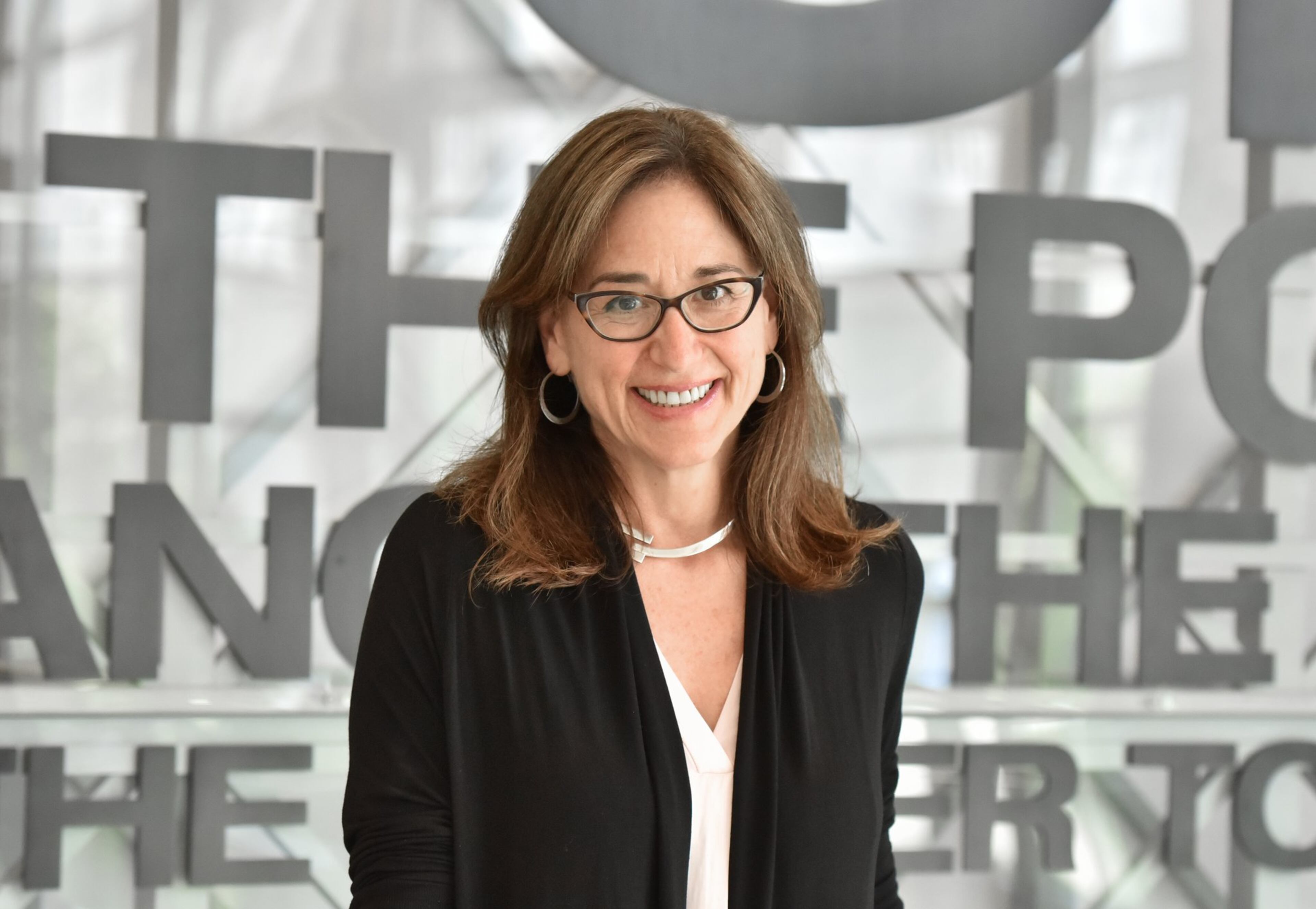
“COVID has shown us not only is it possible, it is essential. We have long thought that we would make this move into different programming, based on the notion that we have a power of place,” Savitt said. “Doing things online was a little farther down the road.”
Savitt said the center is losing about $300,000 a month in revenue, or about 60% of what comes in from ticket sales, the gift shop and rental space. Despite pressure, Savitt is not considering opening before July and is following guidelines from the Centers for Disease Control and Prevention, especially monitoring the 14-day reduction of new coronavirus cases.
“I am mindful that our visitors, staff and volunteers are African American,” Savitt said, noting that the coronavirus has hit minority communities particularly hard. “We don’t want to put anybody at risk. We don’t want to be part of the health crisis.”
In 2019, between May and July, more than 62,000 people purchased tickets to the center.
When the center reopens, will people come?
“If people don’t come, we start to lose more money,” Savitt said. “Opening up costs the same if 4,000 people come as it does if four people come. Once we rev up that engine, if we don’t get a certain amount of visitors, we lose. And I just don’t know who will feel comfortable coming at this time.”
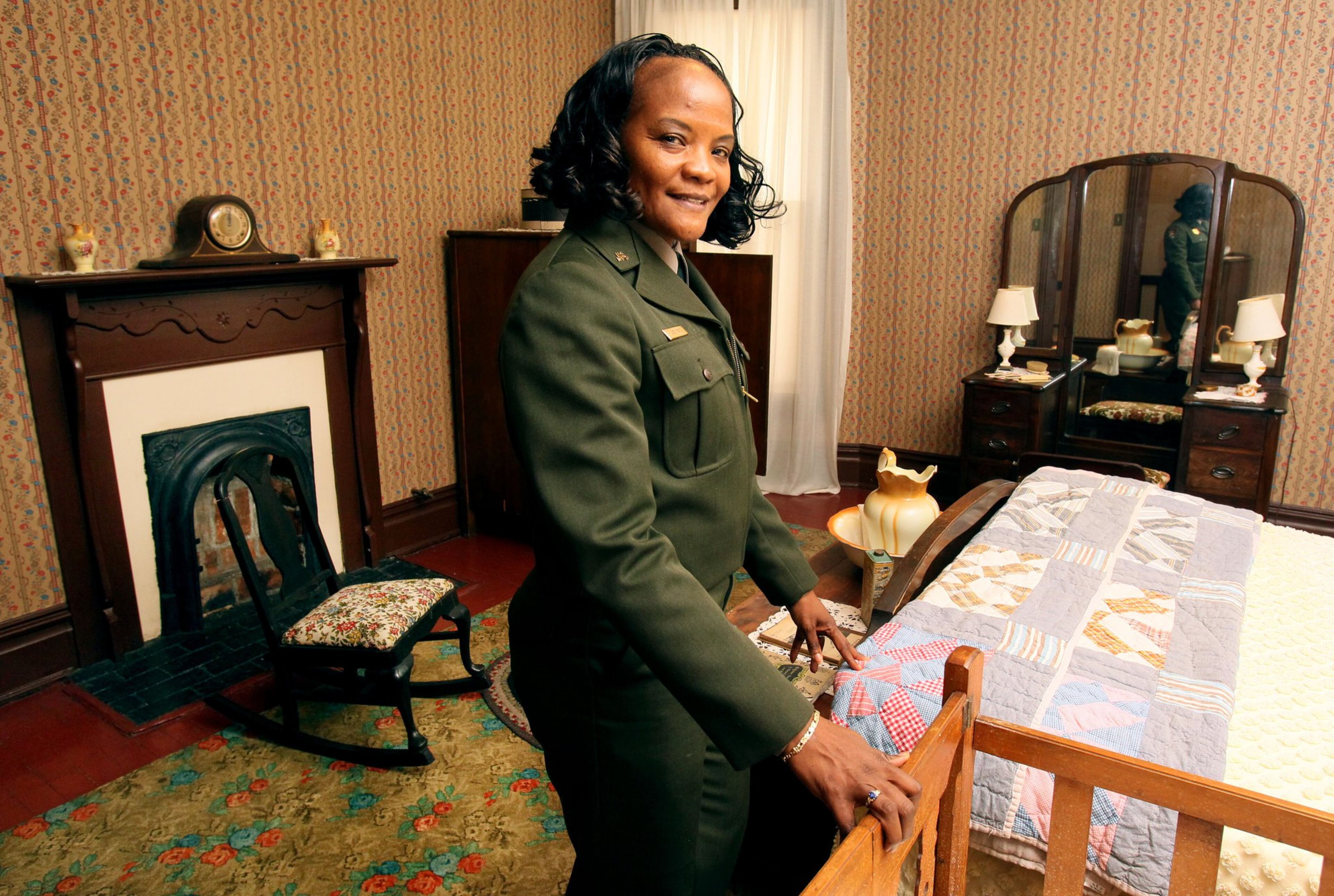
In response to the pandemic, both the National Park Service and the King Center shut down all of their buildings. Visitors can’t go inside the King Center, Ebenezer Baptist Church, the King birth home or the visitors center.
Across the country, national parks have started reopening. But those are mostly outdoor facilities, unlike the King site, which relies heavily on museum-like buildings. Forte said she is following CDC guidelines regarding when the buildings will reopen, as well as state and local recommendations.
“Right now, being outdoors is much safer than being in a theater or being in a house,” Forte said. “Until we can feel better about our numbers and see a clear downward trajectory, it will be difficult for us to open up.”
Forte added that the park has continued to connect with schools to create virtual educational programs and live weekly tours, averaging more than 1,000 visitors, on its social media pages.
On the grounds of the King Center, a speaker system still broadcasts the voices of King and Coretta Scott King. Bernice King said she misses the laughter of the schoolchildren the most.
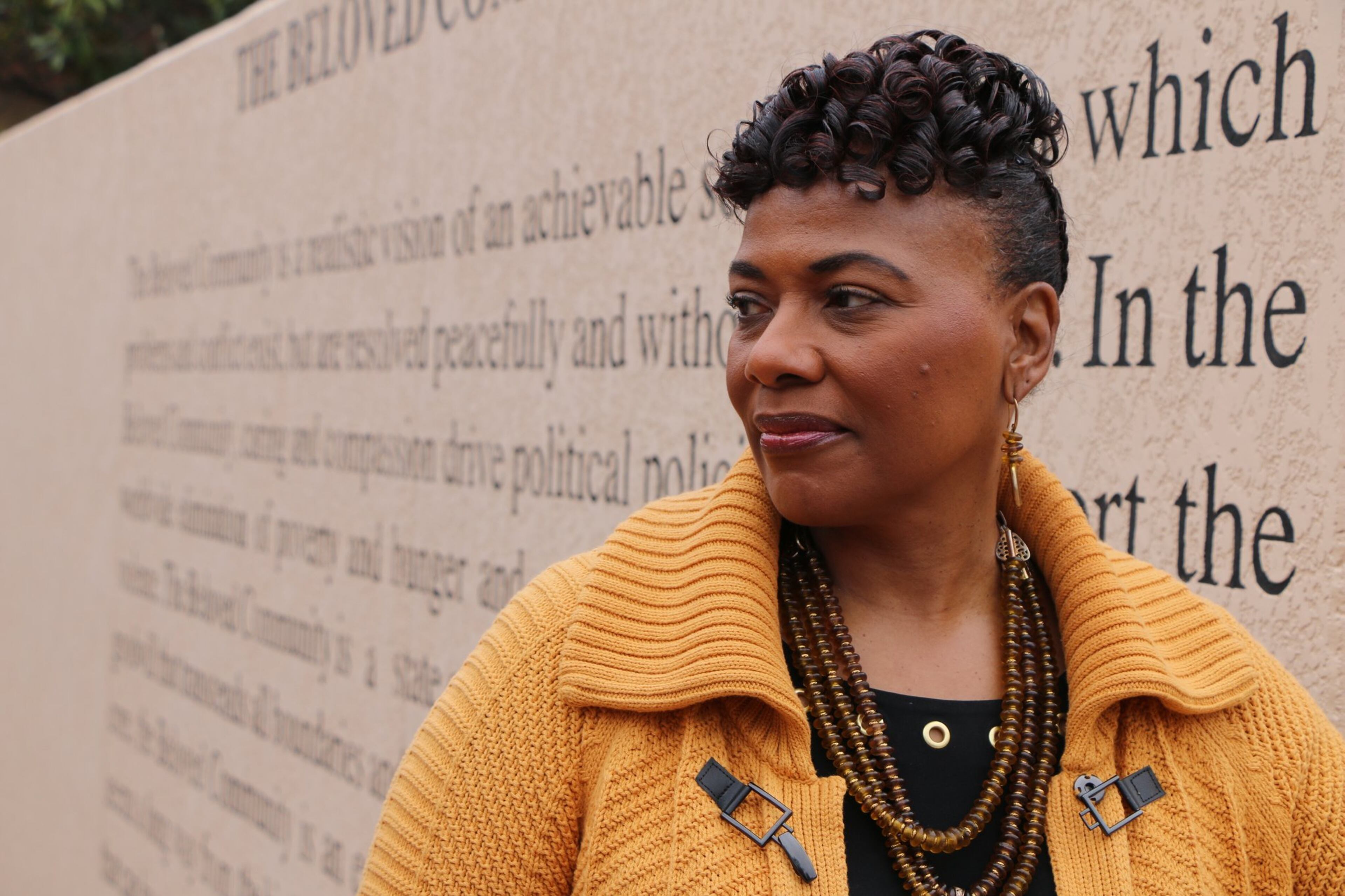
“Even though the public is unable to visit our special King, Gandhi and Rosa Parks exhibits in our Freedom Hall, during this uncertain time, the open nature of the King Center has continued to draw guests who find inspiration in the sacred, serene space,” said King, who also hosts a weekly Facebook Live series on coping during the pandemic. “Many of our guests especially find solace at my parents’ crypt, which sits amidst our beautiful blue reflecting pool across from the eternal flame while reflecting upon the principles of nonviolence and the meaning of the Beloved Community etched on our walls.”
Thanks to a federal Paycheck Protection Program loan, the center hasn’t had to lay off any full or part-time employees, “and I pray it does not come to that point because there is much work to be done.”
“I’m not sure when we will open, but I can assure you, it will be a decision based on the health and safety of our staff and visitors when we do,” King said.



